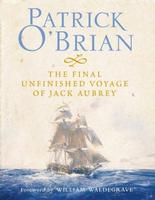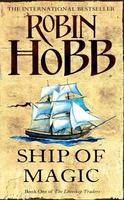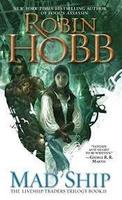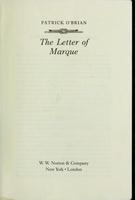Nautical fiction, frequently also naval fiction, sea fiction, naval adventure fiction or maritime fiction, is a genre of literature with a setting on or near the sea, that focuses on the human relationship to the sea and sea voyages and highlights nautical culture in these environments. The settings of nautical fiction vary greatly, including merchant ships, liners, naval ships, fishing vessels, life boats, etc., along with sea ports and fishing villages. When describing nautical fiction, scholars most frequently refer to novels, novellas, and short stories, sometimes under the name of sea novels or sea stories. These works are sometimes adapted for the theatre, film and television. The development of nautical fiction follows with the development of the English language novel and while the tradition is mainly British and North American, there are also significant works from literatures in Japan, France, Scandinavia, and other Western traditions. Though the treatment of themes and settings related to the sea and maritime culture is common throughout the history of western literature, nautical fiction, as a distinct genre, was first pioneered by James Fenimore Cooper (The Pilot, 1824) and Frederick Marryat (Frank Mildmay, 1829 and Mr Midshipman Easy 1836) in the early 19th century. There were 18th century and earlier precursors that have nautical settings, but few are as richly developed as subsequent works in this genre. The genre has evolved to include notable literary works like Herman Melville's Moby-Dick (1851), Joseph Conrad's Lord Jim (1899–1900), popular fiction like C.S. Forester's Hornblower series (1937–67), and works by authors that straddle the divide between popular and literary fiction, like Patrick O'Brian's Aubrey-Maturin series (1970–2004). Because of the historical dominance of nautical culture by men, they are usually the central characters, except for works that feature ships carrying women passengers. For this reason, nautical fiction is often marketed for men. Nautical fiction usually includes distinctive themes, such as a focus on masculinity and heroism, investigations of social hierarchies, and the psychological struggles of the individual in the hostile environment of the sea. Stylistically, readers of the genre expect an emphasis on adventure, accurate representation of maritime culture, and use of nautical language. Works of nautical fiction may be romances, such as historical romance, fantasy, and adventure fiction, and also may overlap with the genres of war fiction, children's literature, travel narratives (such as the Robinsonade), the social problem novel and psychological fiction. Source: Wikipedia (en)
Works in the genre nautical fiction 43
-
Northwest Passage
-
Uncommon Valour
The Final Unfinished Voyage of Jack Aubrey
Blue at the Mizzen
The Hundred Days
Liveship Traders
The Yellow Admiral
The Commodore
The Wine-Dark Sea
Clarissa Oakes
The Nutmeg of Consolation
The Thirteen-Gun Salute
The Letter of Marque
The Reverse of the Medal
The Far Side of the World
Treason's Harbour
The Ionian Mission
The Surgeon's Mate
The Fortune of War
The Mauritius Command
-
Storm Warning
-
HMS Surprise
-
Post Captain
-
Master and Commander
-
Aubrey-Maturin series
-
Swallows and Amazons series
-
The Mutiny of the Elsinore
-
The Secret Sharer
-
International Short Stories
-
The Kip Brothers
-
The Sea Serpent
-
The Archipelago on Fire
Genre - wd:Q7440128



















